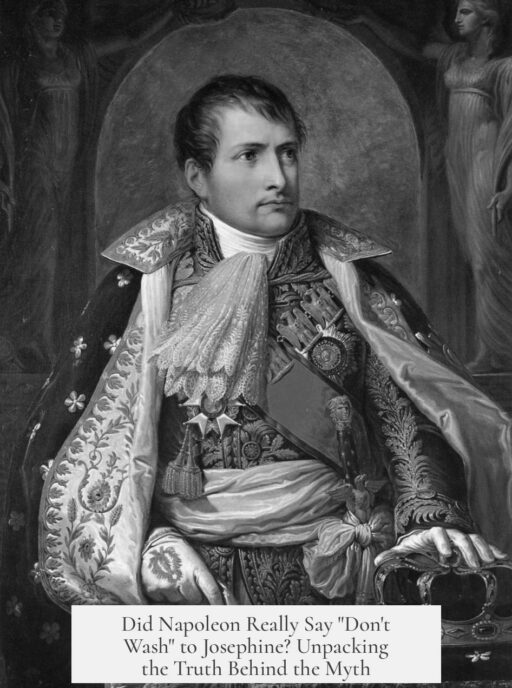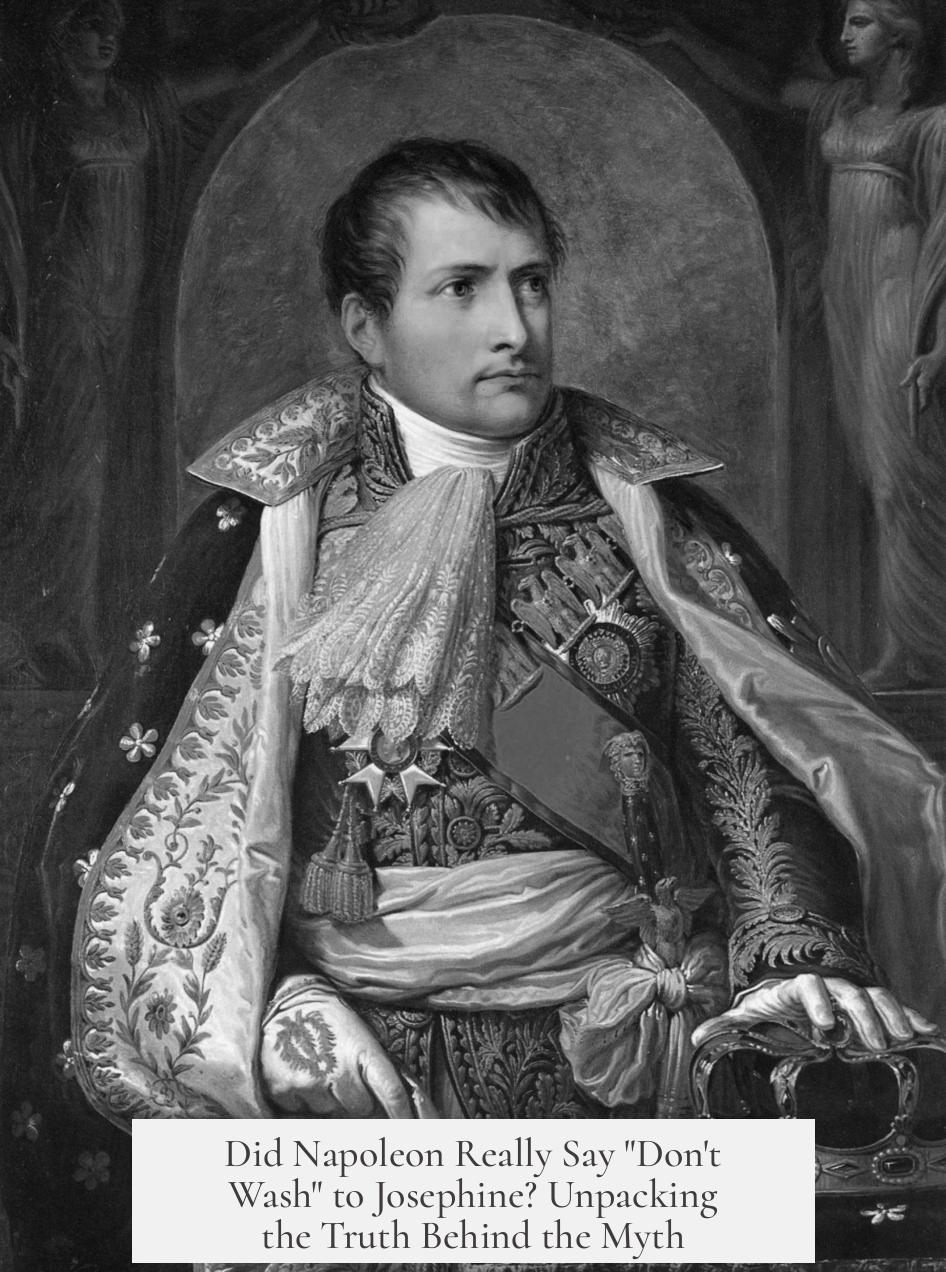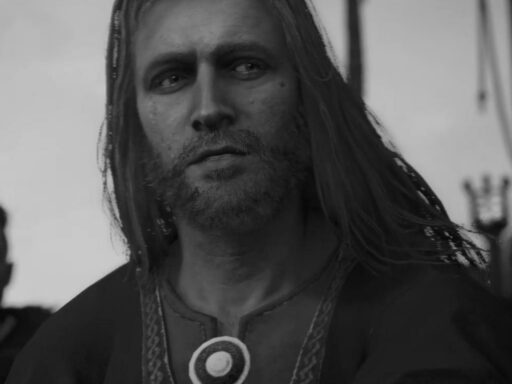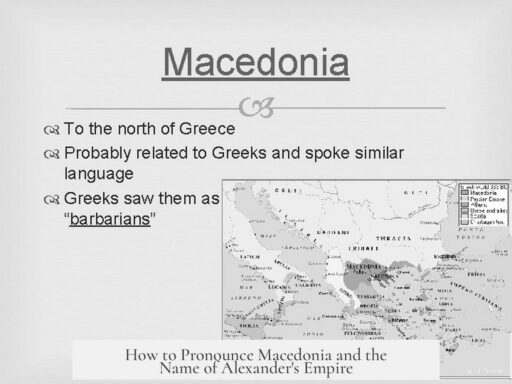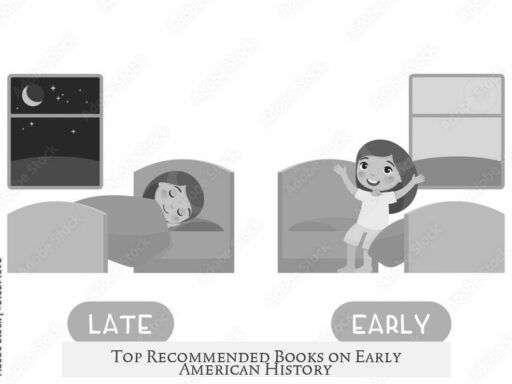Napoleon never told Josephine “Don’t wash.” There is no historical evidence supporting this claim. The earliest known source for this quote appears in 1981, long after Napoleon’s lifetime. It likely originated as a modern fabrication rather than an authentic statement from Napoleon to Josephine.
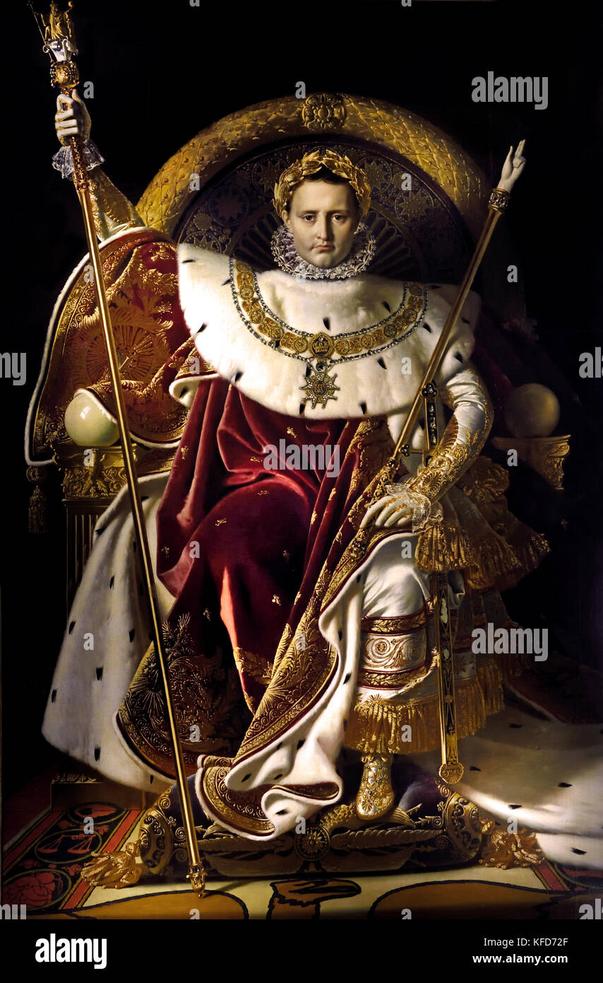
This quote is often mistaken as a genuine historical remark. It belongs to a set of sayings attributed to Napoleon without proper verification. Such apocryphal quotes tend to emerge over time, shaped by cultural narratives and fiction.
For comparison, another famous phrase, “Not tonight, Josephine,” also lacks historical basis. This line comes from an 1891 play called The Royal Divorce by W.G. Wills, written decades after Napoleon’s era. Neither quote appears in contemporary records.
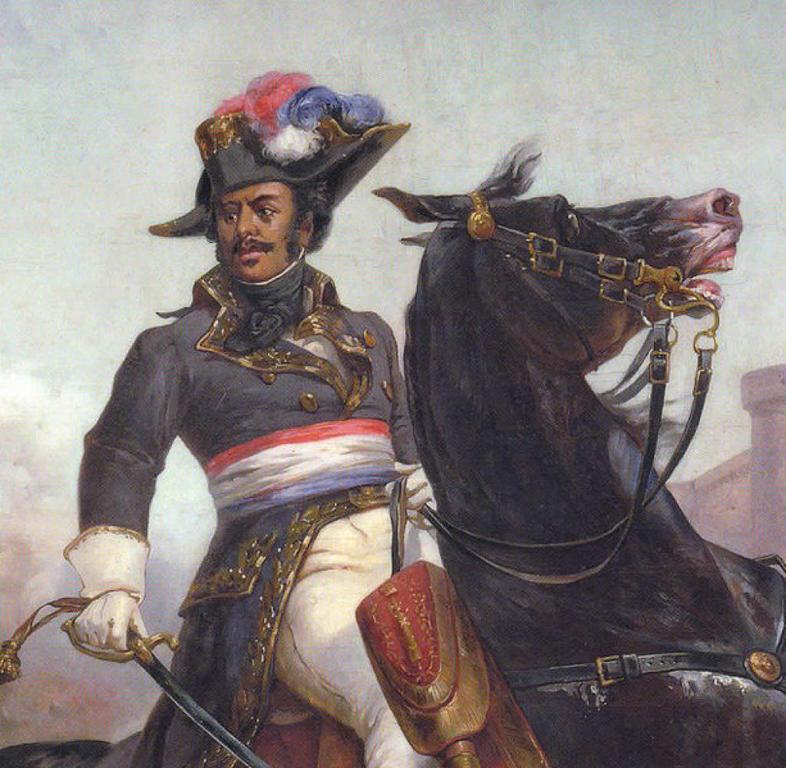
Regarding Napoleon’s views on women, some statements attributed to him express harsh opinions like “Women are nothing but machines for producing children.” However, historians question these assertions. There is little evidence he expressed consistent or personal commentary on these topics, suggesting he remained broadly indifferent rather than vocal about women’s roles.
In summary, the “Don’t wash” quote attributed to Napoleon is false. Despite its frequent repetition, it does not rest on solid historical evidence. This case exemplifies how myths around prominent historical figures can gain unwarranted credibility over time.
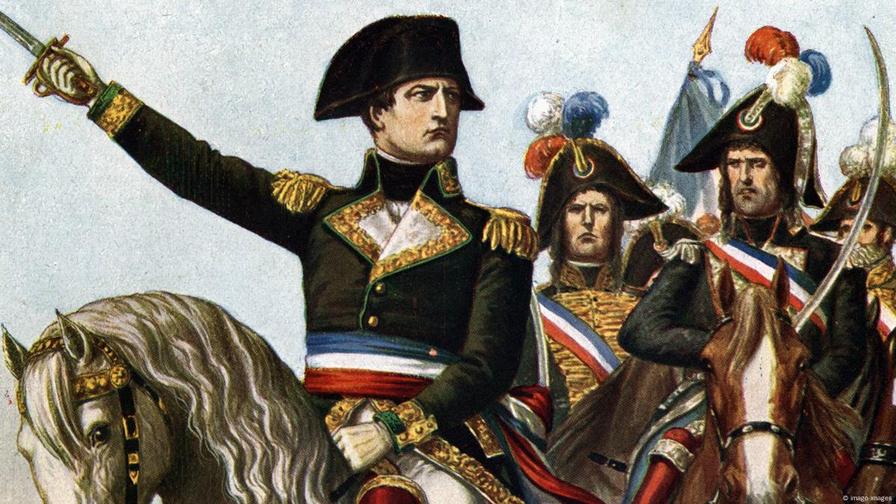
- Napoleon never told Josephine to avoid washing.
- The earliest source for the quote dates to 1981.
- “Not tonight, Josephine” comes from a late 19th-century play.
- No reliable records support these attributed quotes.
- Napoleon’s true views on women remain unclear and likely neutral.
True or False: Did Napoleon Tell Josephine “Don’t Wash”?
There’s a famous tale floating around history forums and coffee chats: Napoleon Bonaparte supposedly told his wife Josephine, “Don’t wash.” It sounds strange, scandalous even, right? But is this true? The answer is no; Napoleon never said that to Josephine.
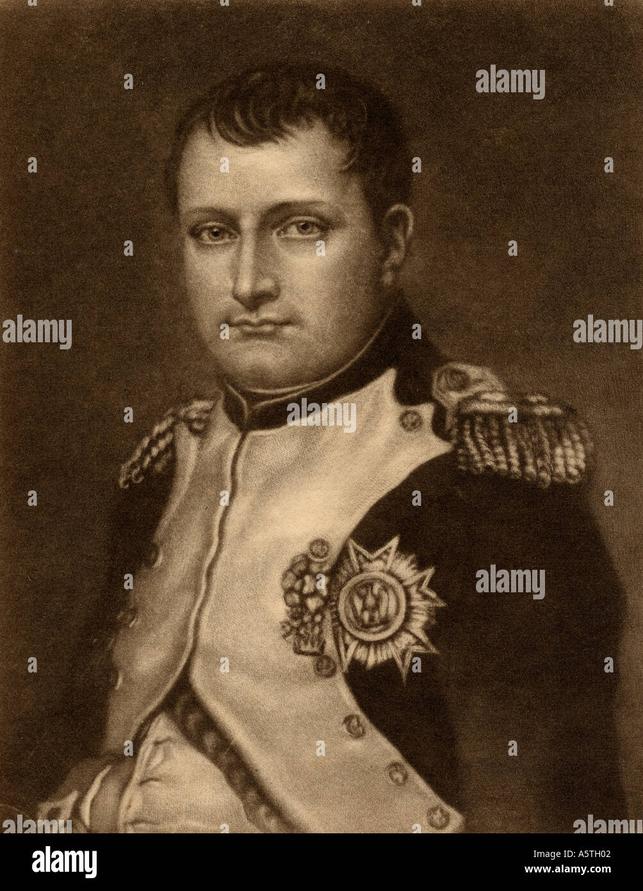
Let’s dive into this myth and uncover the story behind the quote, its origins, and why it’s false.
The Origin and Validity of the “Don’t Wash” Quote

First things first, the origins. No reliable historical record or document confirms that Napoleon ever uttered the phrase “Don’t wash” to Josephine or anyone else. The earliest known source attributing this quote to him appears surprisingly late—in 1981. That’s more than a century and a half after Napoleon lived and died.
This alone raises a big red flag. Why would such a bizarre statement suddenly pop up hundreds of years after the fact? Historians rely on contemporary writings, letters, or newspapers from that time to verify famous quotes. None exist for this one.
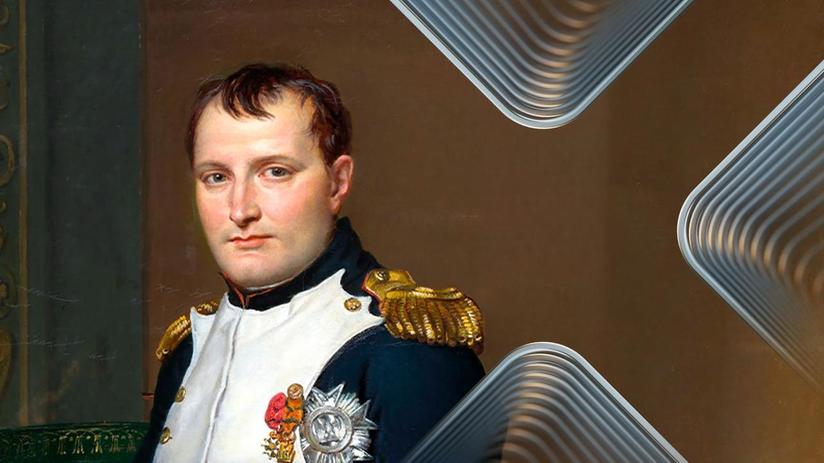
Think about it: nobody has found letters between Napoleon and Josephine containing such an absurd instruction. And if a leader as famous as Napoleon had said it, surely someone would have mentioned it earlier?
What About “Not Tonight, Josephine”?
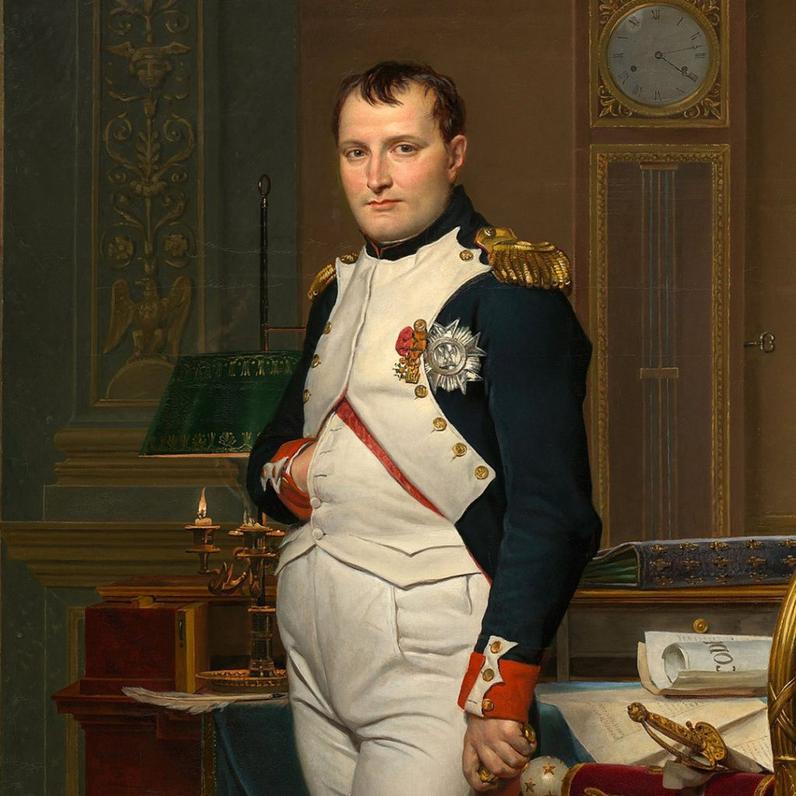
Another similarly popular phrase attributed to Napoleon is “Not tonight, Josephine,” supposedly said to reject an intimate moment. Guess where that comes from? A play called The Royal Divorce written by W.G. Wills in 1891—decades after Napoleon had passed.
This quote is pure fiction from a playwright’s imagination, not a historical statement. It became popularized because it’s catchy, humorous, and fits the dramatic narratives about Napoleon and Josephine’s rocky marriage. But just like the “Don’t wash” quote, it’s not grounded in fact.
What Might Napoleon Have Thought About Women?
To understand if Napoleon might have had a reason to say “Don’t wash,” consider some documented quotes about women from the man himself. One of his more infamous lines is, “Women are nothing but machines for producing children.”
Honestly, this sounds harsh. However, it does reflect some of the gender attitudes rampant in his era. Despite this, no evidence shows he cared enough about Josephine’s hygiene to comment on it. From what historians can tell, Napoleon was likely indifferent to such domestic matters.
One historian even comments, “I suspect he didn’t really care one way or the other and so didn’t pass comment on it and so until someone gives me a better analysis, I say… false.” Pretty definitive!
Why Do These Myths Persist?
Good question! Sometimes saying “Napoleon told Josephine, ‘Don’t wash’” is just easier and funnier than admitting, “We don’t really know much about their private conversations.” Myths thrive on humor and shock value.
Also, Napoleon’s larger-than-life personality attracts countless exaggerated tales. His complex relationship with Josephine adds drama. People love retelling stories that paint historical figures as quirky or relatable rather than distant icons. So the “Don’t wash” line fits neatly into that trend.
What Can We Learn From This?
Don’t trust everything you read online or overhear in casual conversation about famous quotes, especially when it sounds too strange to be true. It’s wise to check sources—historical research demands primary documents, not late 20th-century anecdotes or fictional plays.
So, if you want to impress at your next trivia night, remember: Napoleon probably never told Josephine to stop washing. But you CAN bring up how some memes and plays shaped popular but false images of historical figures.
Final Thoughts
History is messy, and myths fill in gaps where records don’t exist. Napoleon and Josephine’s story is no exception. The “Don’t wash” quote is a modern invention, not a snippet from the past.
If you ever find yourself wondering about those strange supposed quotes, ask: “What’s the earliest source for this? Does it come from actual letters, diaries, or contemporary accounts?” If the answer is no, then the quote is probably just a tall tale.
So next time someone claims Napoleon told Josephine “Don’t wash,” smile knowingly. You’ve got the facts, and you know it’s just false.
